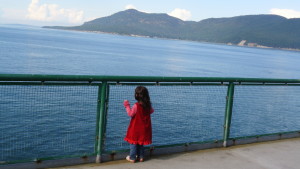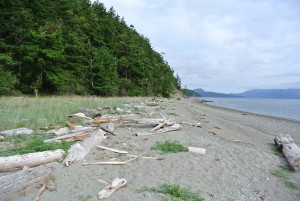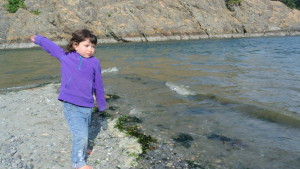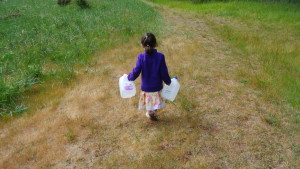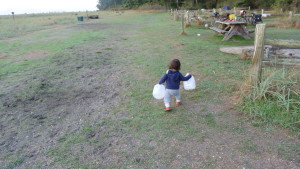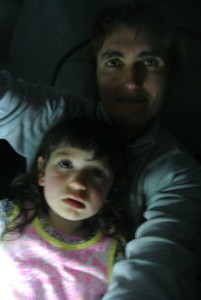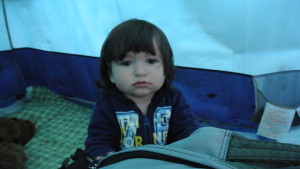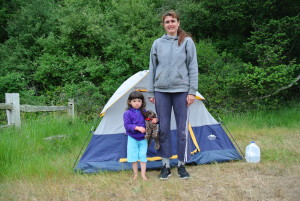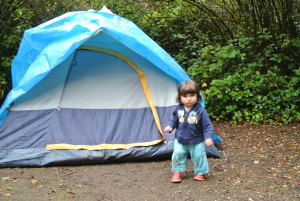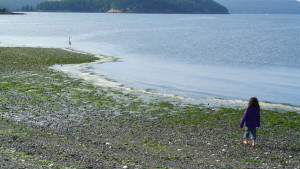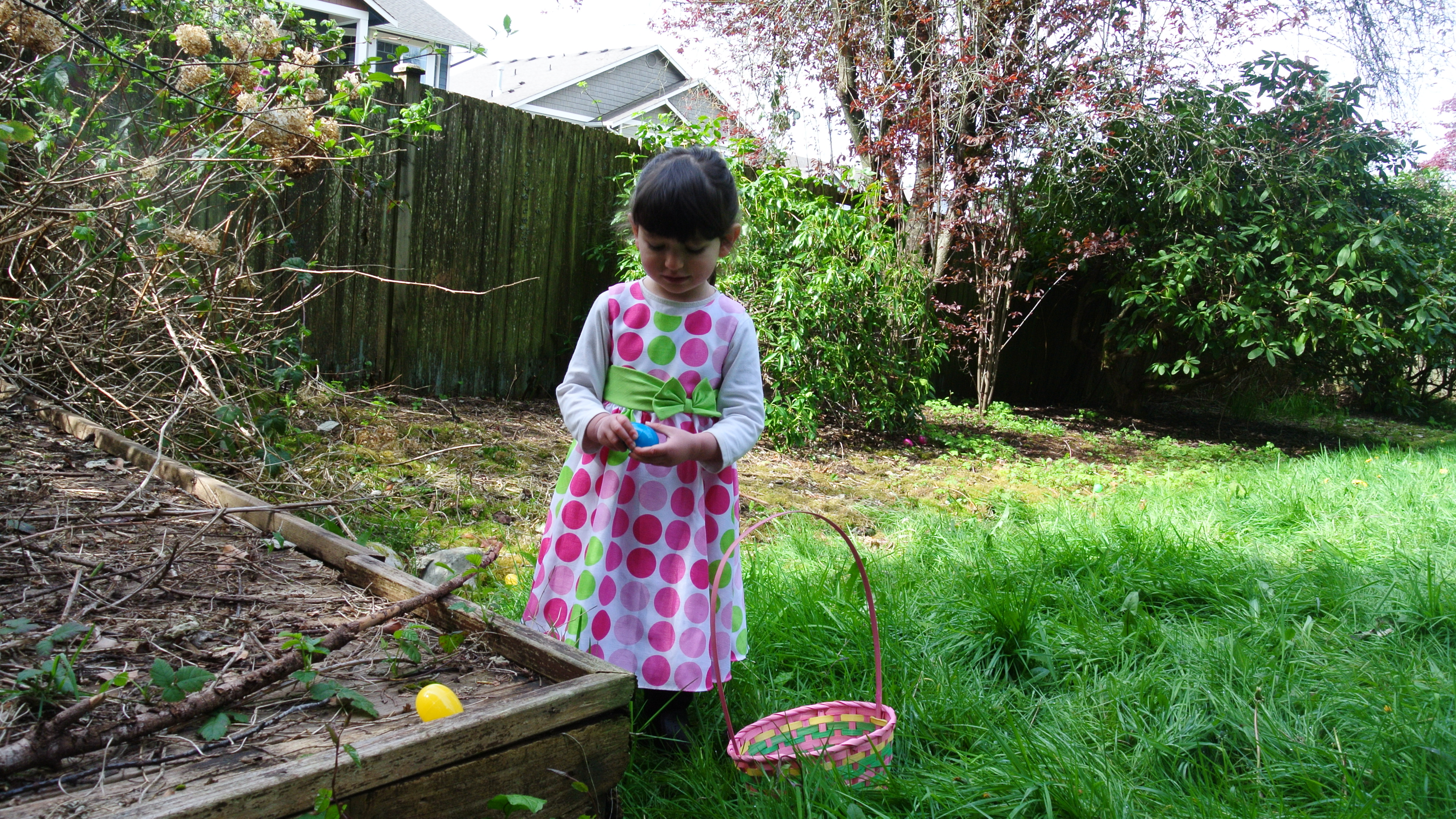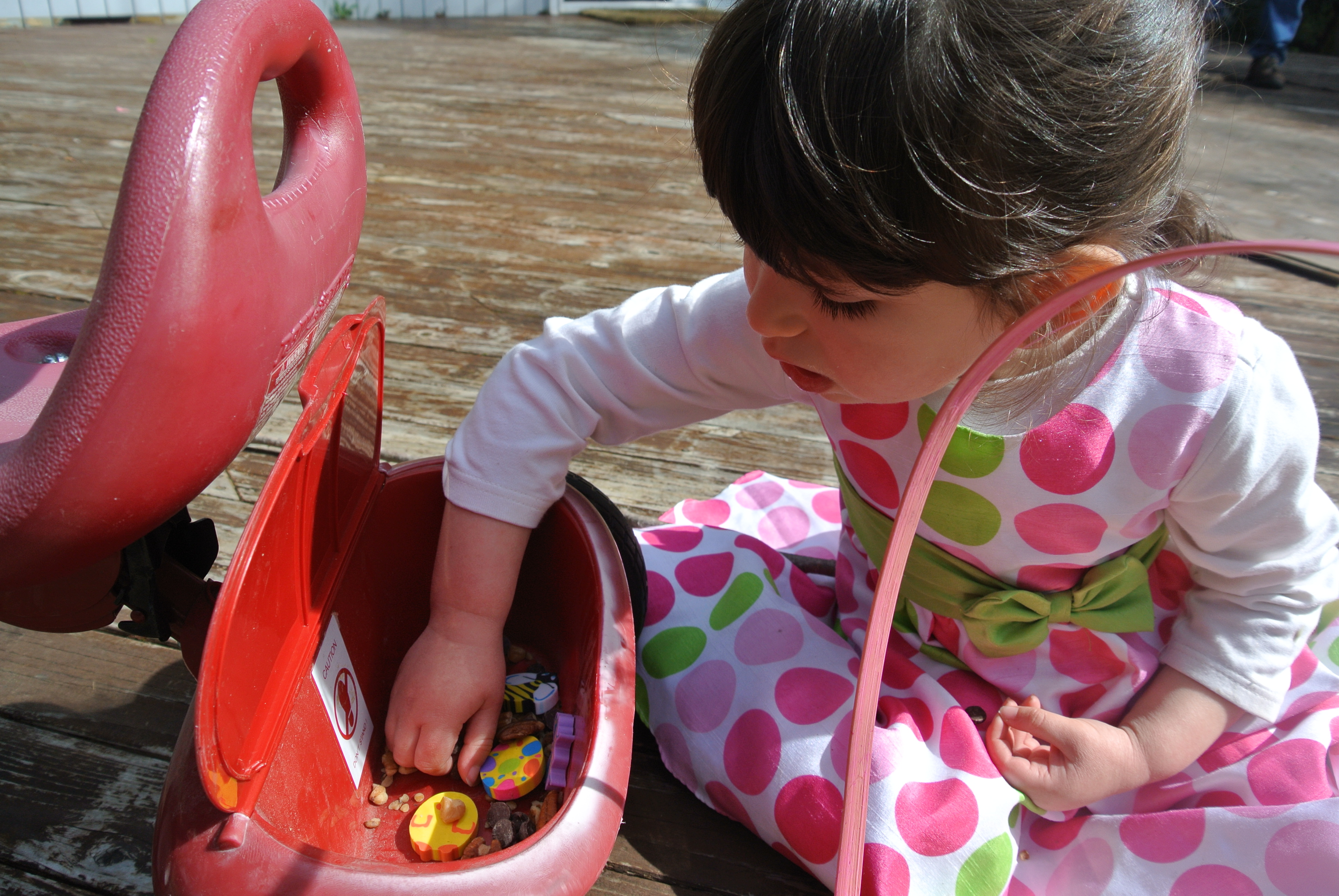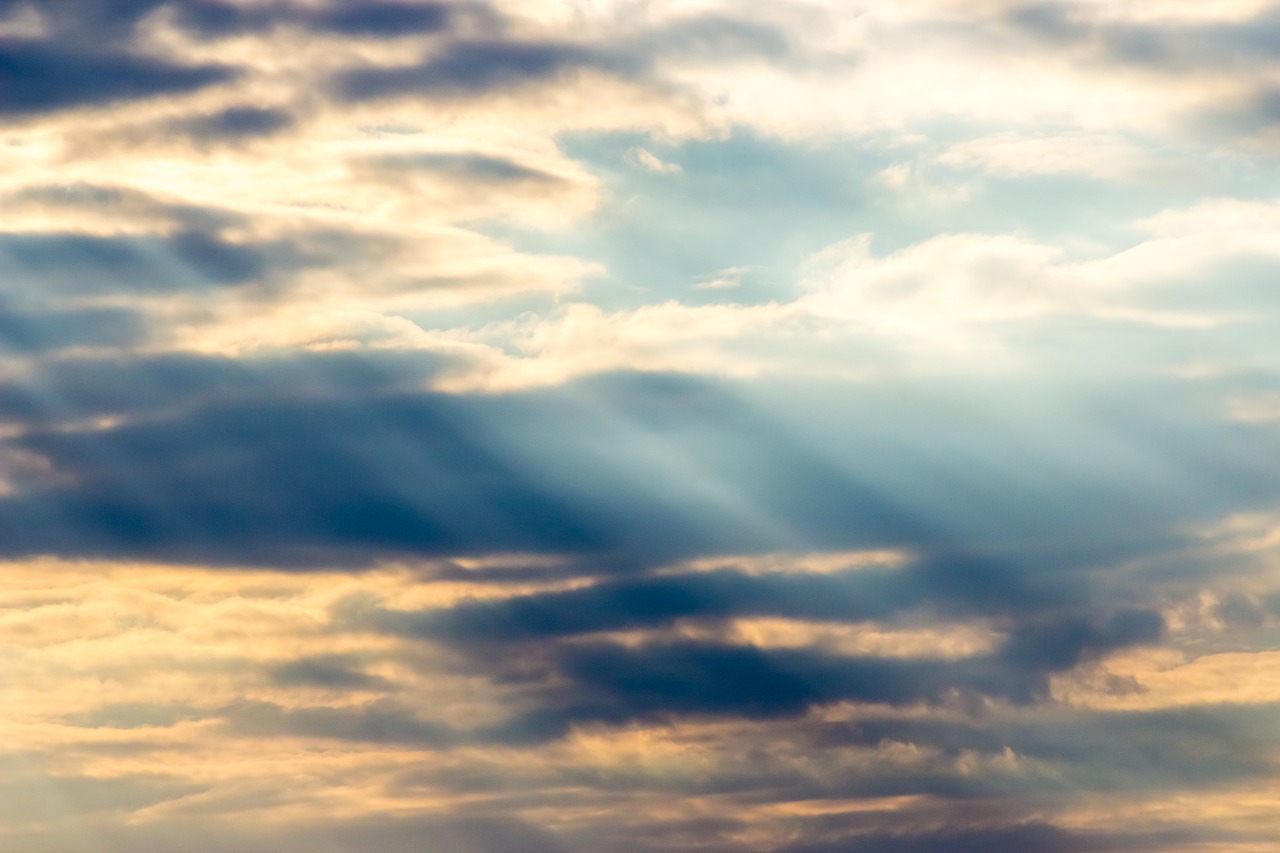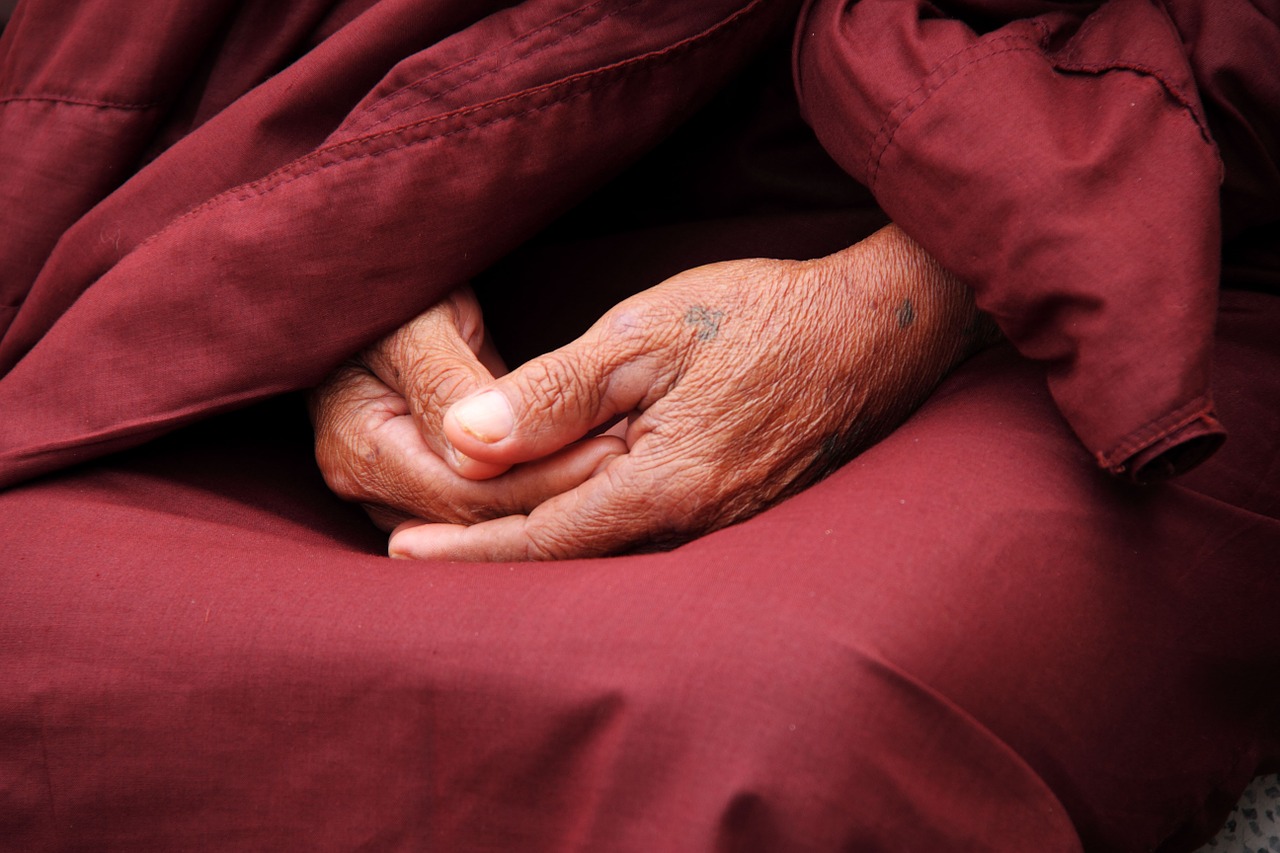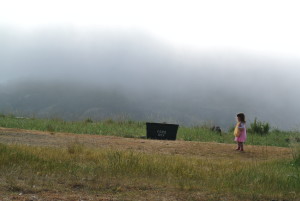
There has been a lot of attention over the past decade to a phenomena labeled “nature deficit disorder.” It is the idea that children are spending less and less time outdoors, more and more time indoors interacting with electronic devices (hmmm….) and that this has implications for their emotional and physical health.
I tend to agree. I have been one that is attracted to the outdoors. For example, I love to camp. I don’t like not having access to a hot shower for five minutes in the morning, but some of the feelings I get after three days of camping (it takes me that long to “detox”) are purification, peace, connection with my surroundings, and understanding. Maybe one can get that in expensive hotel rooms with a spa, but I can’t afford that. Being in dirt is a great alternative in terms of results.
I used to work with an African-American woman who came to work each day as if dressed for a fashion show. She wore high heals, ornate earrings, and had long nails which she had manicured professionally weekly. She was also overweight, but didn’t seem to mind it. She flaunted her body. Every summer we had a barbecue for clients at the health clinic where we worked. It was held in a city park behind our building. We took turns barbecuing while taking care of needs back at the office. On one occasion where our times overlapped, I remember her looking around at the big trees and commenting, “This is nice.” She didn’t say this in an off-hand way, but like she meant it. Ms. Fashionista was moved and I realized that nature can touch all kinds of people.
More interestingly to me is the phenomena that people are not comfortable being around nature. I remember taking a walk in a park with another friend of mine through some Madrone trees. Madrone trees shed bark and I was pulling off some of them. The bark was very thin, like paper. Pulling on the bark was mildly therapeutic because it made me feel like I was releasing the tree from its harness to reveal more of the soft, beautiful bark underneath.
“Stop it,” she said.
“Why?” I asked.
I don’t remember the precise reason she gave, but it made her very uncomfortable that I was interacting with nature in such a way. From my point of view, the tree was shedding bark anyway, so why not help it along? I offered her the bark in my hand, but she didn’t even want to touch it. And she is from Montana! Coming from a city that has more residents than the entire state of Montana, I thought people from big nature states were naturally close to nature. Befriending her made me realize that just because you live in a state that sounds synonymous with nature doesn’t mean you actually interact with it.
It is important to me that Polina grow up not only feeling comfortable around nature, but having her own relationship with it. I consider being in nature to be the absence of cars, people, buildings and electrical poles. It is vital to my soul. The experience of it resides in my imagination and it’s where I seek solace even when I am away from it. However, I am terrible when it comes to naming things in nature. I know a few plants, but I can’t distinguish a Douglas from a Fir tree, and I live in the Pacific Northwest. Naming it hasn’t been as important as feeling it. I live up in the clouds that way.
I know nothing about the soil, except that it needs water, maybe some lime and compost. I’ve never actually grown anything myself, but I have maintained established plants in my home for several years. That is one of the things I am working on as we work on our home. My mother grew tomatoes and lettuce on our balcony in the apartment we lived in. I didn’t take an interest then, preferring to eat the produce instead. But now, in middle age, I do have an interest.
The week before Memorial Day, Polina and I went camping in the same spot we went 20 months earlier. We had our time together and our time side by side, each enjoying nature in our own way. Except for a flip phone and an occasional internet check in at the local library, we were without electronic disturbances. Here are some pictures from the trip, along with some flashbacks.
